We are happy to announce that Dr. Yong Zhao and his team published a new manuscript that revealed the new molecular mechanisms underlying Stem Cell Educator therapy for the treatment of type 1 diabetes and other autoimmune diseases. This manuscript was published Feb. 2, 2024 in the peer-reviewed International Journal of Molecular Sciences (IJMS), titled “Suppression of B-Cell Activation by Human Cord Blood-Derived Stem Cells (CB-SCs) through the Galectin-9-Dependent Mechanism”.
B cells have an important role in maintaining homeostasis and the adaptive immune response through antibody production, antigen presentation, and the production of multiple cytokines. Dysfunctions of B cells, including the production of auto-antibodies and the loss of regulatory B-cell function, are actively contributed to the pathogenesis of diabetes and multiple autoimmune diseases. The galectin family comprises the glycan-binding proteins that are expressed by diverse types of cells and tissues, including immune and non-immune cells.
Dr. Zhao and his teams developed the Stem Cell Educator therapy among multiple clinical trials based on the immune modulations of multipotent cord blood-derived stem cells (CB-SC) on different compartments of immune cells, such as T cells and monocytes/macrophages, in type 1 diabetes and other autoimmune diseases. The current study revealed that CB-SC directly displayed multiple immune modulations on B-cell proliferation and differentiation and antibody productions through the Galectin-9-mediated mechanism and calcium flux/Akt/Erk1/2 signaling pathways. These findings lead to a better understanding of the molecular mechanisms of Stem Cell Educator therapy to treat T1D and other autoimmune diseases (e.g., myasthenia gravis and lupus) in clinics. Additionally, Stem Cell Educator therapy may fundamentally correct the activated B cell-mediated autoimmunity and reduce the auto-antibody productions, without the safety concerns that are associated with using steroid and conventional immunotherapies.
